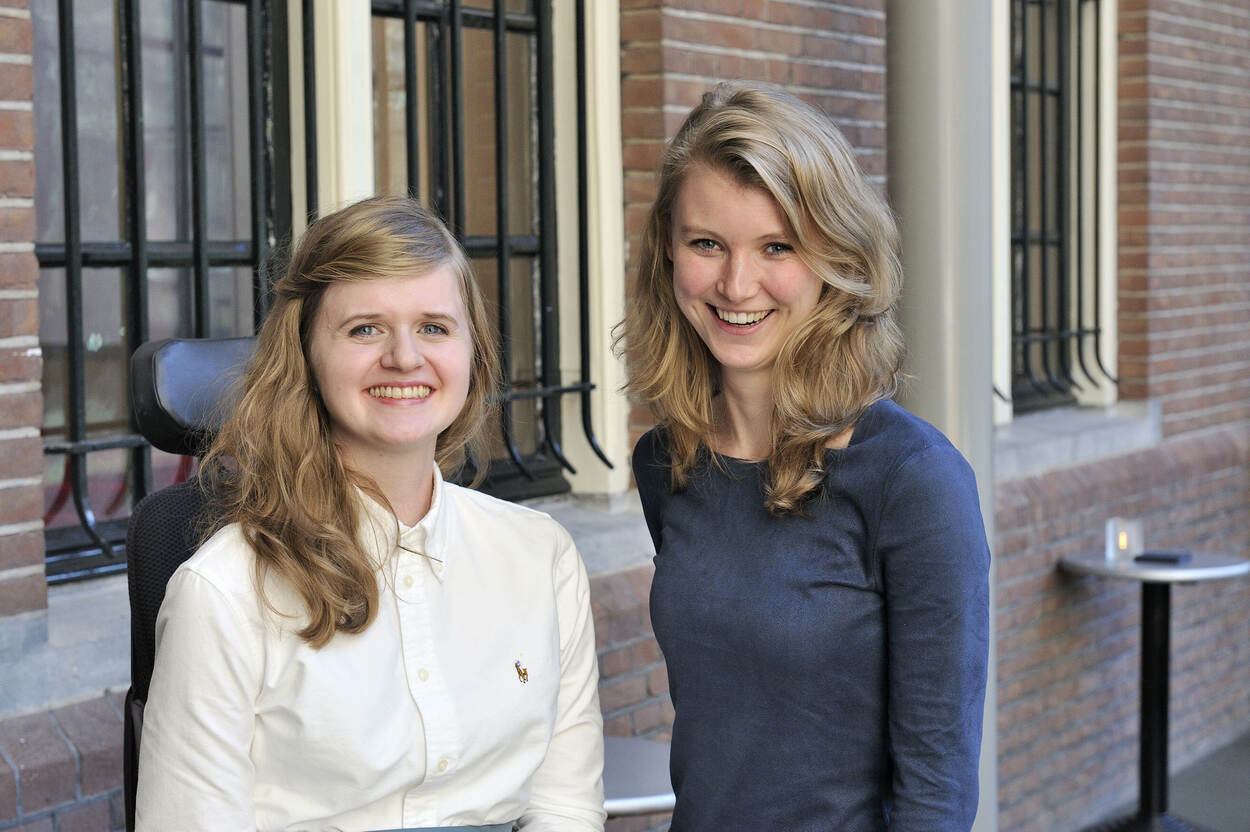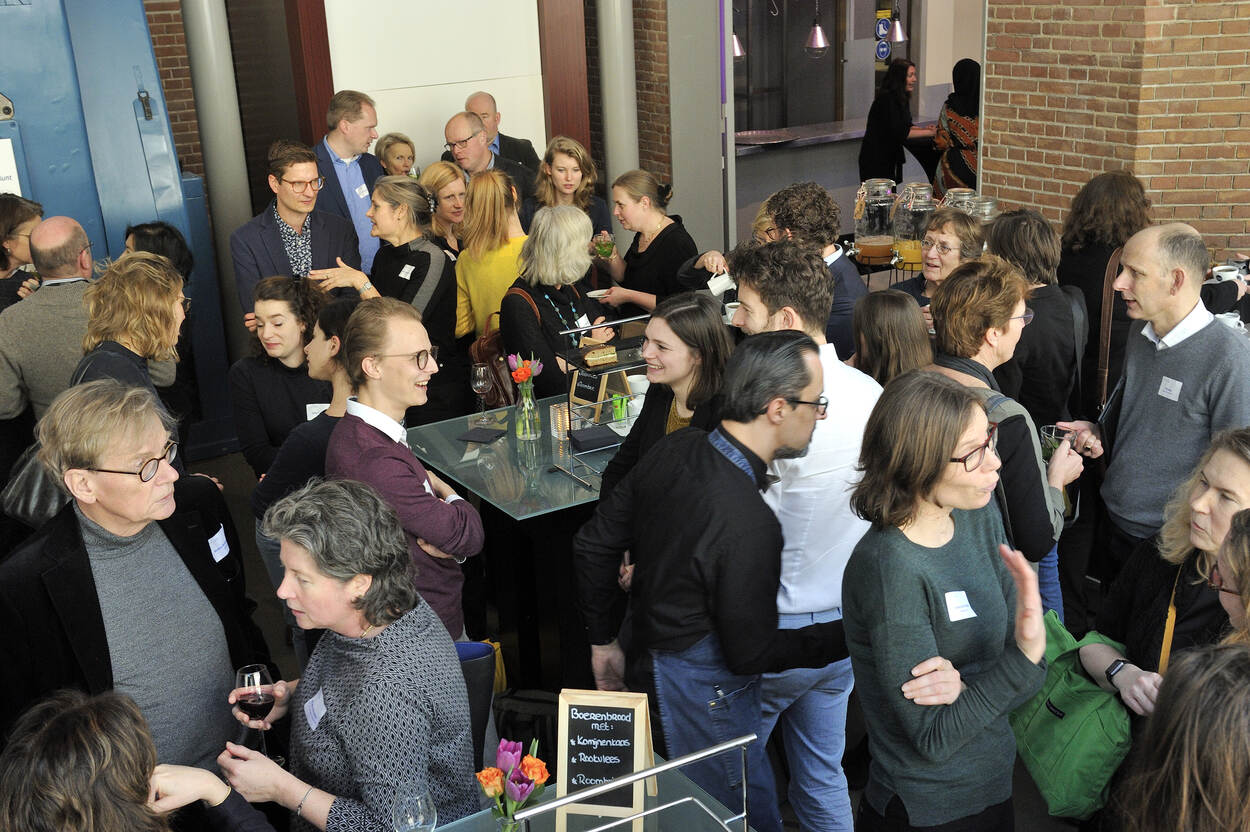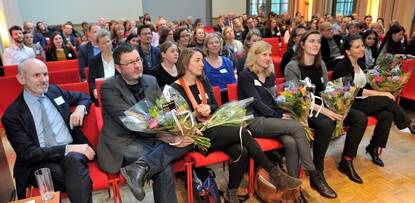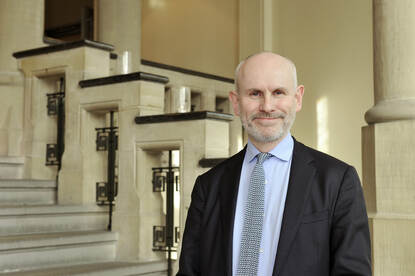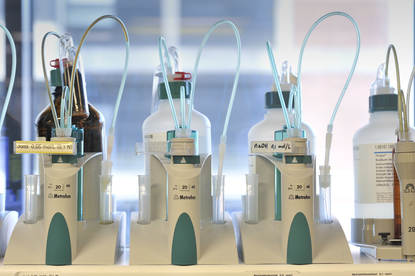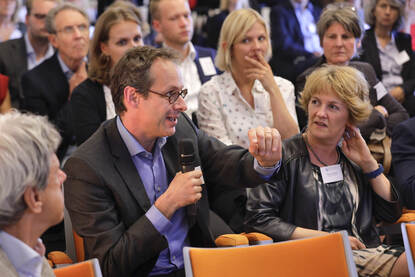Regulatory science provides the Medicines Evaluation Board (MEB) with up-to-date data, knowledge and expertise based on current scientific insights, for optimal evaluation and marketing authorisation of medicinal products and novel foods. This ensures an even better assessment of risks, efficacy and quality.
Regulatory science opens the door to optimal evaluation
In the first quarter of 2019 the MEB has visited and/or organised:
- CORS, November 2018
- STARS Horizon 2020, January 2019
- Kick-off meeting RADAR-AD, 30-31 January 2019
- DIA, 5-6 February 2019
- The MEB Science Day, 14 February 2019
- The 2nd international symposium for young researchers in regulatory science, 13-14 February 2019
CORS, November 2018
The Copenhagen Centre for Regulatory Science (CORS) Annual conference took place in November 2018, and gathered more than a hundred experts from academia, regulatory authorities, industry and patient organisations. This year, the conference explored the theme ‘Impact of drug regulation on health and society’, and focused on three question under this topic:
- How does innovation impact on drug regulation? Introducing perspectives from biosimilars and emerging digital health innovations.
- How and why to measure the impact of regulation on society and public health?
- How do policy instruments affect society and public health?
Speakers included David Martin from the Office of Medical Policy FDA, Professor Bert G. Leufkens from the Utrecht Institute for Pharmaceutical Sciences and Associate Professor Mette Gørtz from the Department of Economics at University of Copenhagen.
The conference provided a unique platform for discussion and debate about the role of drug regulations on the approval of medicines and medical devices. On the one hand, if the drug regulations are overly strict, then there is a risk that it can impede innovations and state-of-the-art medical treatments. On the other hand, if the drug regulation shifts towards a more loose approach, then it might endanger the health and well-being of the patients.
You can read more about CORS and the centres activities here: https://pharmacy.ku.dk/research
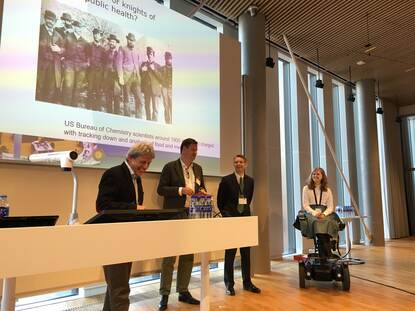
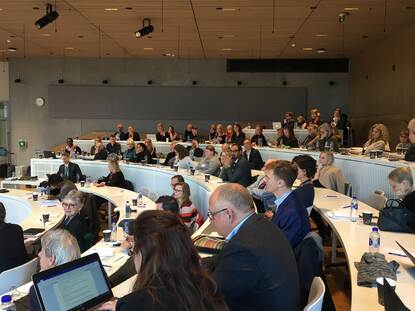
STARS Horizon 2020
In January 2019 the consortium on Strengthening Training of Academia in Regulatory Sciences and supporting regulatory scientific advice (STARS) had it’s kick-off meeting. In this Horizon 2020-funded project19 different national competent authorities work together to achieve the following aims:
- to improve the direct regulatory impact of results obtained in medical research.
- to reach academic researchers very early in the planning of relevant grant applications.
- to strengthen regulatory knowledge in general by reaching clinical scientists during professional training and qualification.
The 3-year project is coordinated by the German agencies BfArm and PEI, whereas the MEB is in the lead of one of the six work packages. For more information see also the presentation of Prof. dr Julia Stingl.
Kick-off meeting RADAR-AD
On the 30th and 31th of January the Kick-off meeting of ‘Remote Assessment of Disease and Relapse – Alzheimer’s Disease’ (RADAR-AD) took place in London. This is an Innovative Medicines Initiative (IMI) project in which academia, industry, patient organisations and regulators closely collaborate. The objective of RADAR-AD is further development and validation of remote monitoring technologies (RMTs) that measure functional decline in people with early stage AD. In recent years, there has been major progress in the development of digital technologies, such as smartphone apps, wearables and home-based monitoring devices that measure changes in health status and functional ability. Currently, a number of RMTs are under development for dementia and other CNS disorders. In the RADAR-AD project, the most relevant devices will be selected and if needed modified.
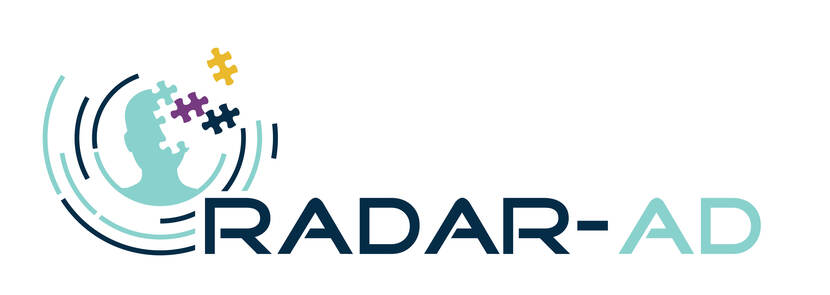
The project consists of distinct work packages that address specific project objectives, but will also work together to achieve overall milestones and deliverables. Marieke Dekker and Marjon Pasmooij from CBG-MEB participate in work package 3 (communications with regulatory authorities, patient associations, payers and ethical boards) and will work together with Pieter Stolk from Lygature. Marieke will scrutinise scientific advices of European Medicines Agency (EMA) for a number of questions related to functional outcomes and the use of new outcomes measures, including new devices or techniques. Also, the advices and opinions of the Committee for Medicinal Products for Human Use (CHMP) on qualification of novel methodologies for medicine development will be screened for information that will be relevant in the context of AD or RMTs. The outcome of this review will be used to anticipate and prepare a qualification plan for the use of RMTs as a functional outcome in trials.
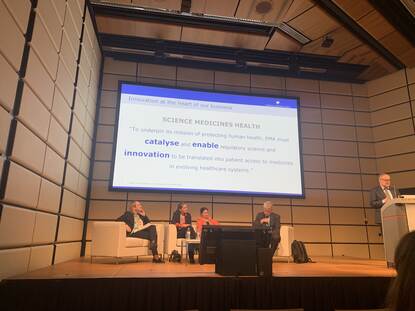
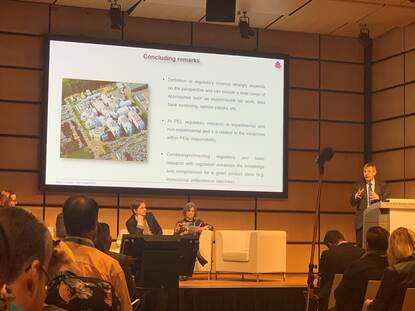
DIA Europe, Austria, 5-6 February 2019
On 5-7 February 2019 the DIA Europe meeting was held in Vienna, which provided a unique opportunity to engage with different stakeholders. Seven different programme topics were chosen to bring together cross-functional leaders. A topic that was of special interest related to Regulatory Science was “Evolution of Science and Policy – Where are we Heading?”.
In these sessions special attention was paid to precision medicine and the convergence of global life science regulation. In addition, at the meeting the STARS project as well as the Regulatory Science to 2025 strategy paper that was recently published by the EMA was presented.
The 2nd international symposium for young researchers in regulatory science
On 13 and 14 February 2019 the second international symposium for young researchers in regulatory science was held in Utrecht. The symposium is an annual event which aims to stimulate collaboration and exchange of ideas on drug regulatory science research and is a collaborative initiative between the WHO Collaborating Centre for Pharmaceutical Policy and Regulation (Utrecht University) and the Danish Copenhagen Centre for Regulatory Science (CORS). This year’s event was organised by Louise Druedahl (PhD student, CORS) and Lotte Minnema (PhD student, UU/MEB).
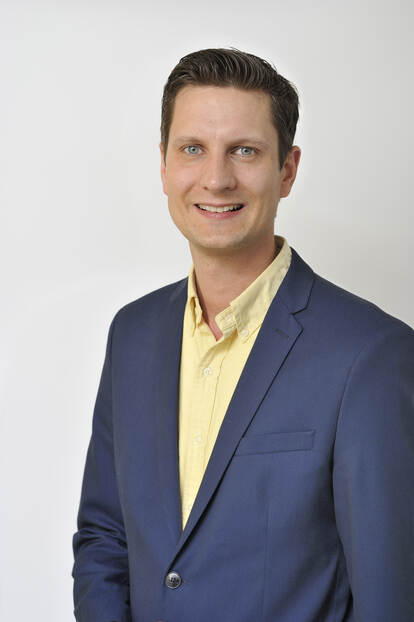
The theme of the symposium was “Maneuvering with and among multiple stakeholders”. The first day started with an interesting insight in the theoretical frameworks that can be used to study multi-stakeholder systems, followed by a lecture by Jasper-Hugo Brouwers (MEB) on how to communicate your research.
In the afternoon, 2 former regulatory science PhD students shared their experiences on the topic of working with multiple stakeholders. The day ended with a workshop during which the young researchers could apply the knowledge that was gained during the day to their own research and formulate helpful tips for future researchers. The morning session of the second day was dedicated to working in multidisciplinary teams. In a panel discussion supervisors and young researchers reflected on the challenges and benefits of working in multidisciplinary teams.
The symposium was a unique opportunity for young researchers to share their experiences and become aware of the different stakeholders that are involved in their research and the accompanying challenges and benefits.
